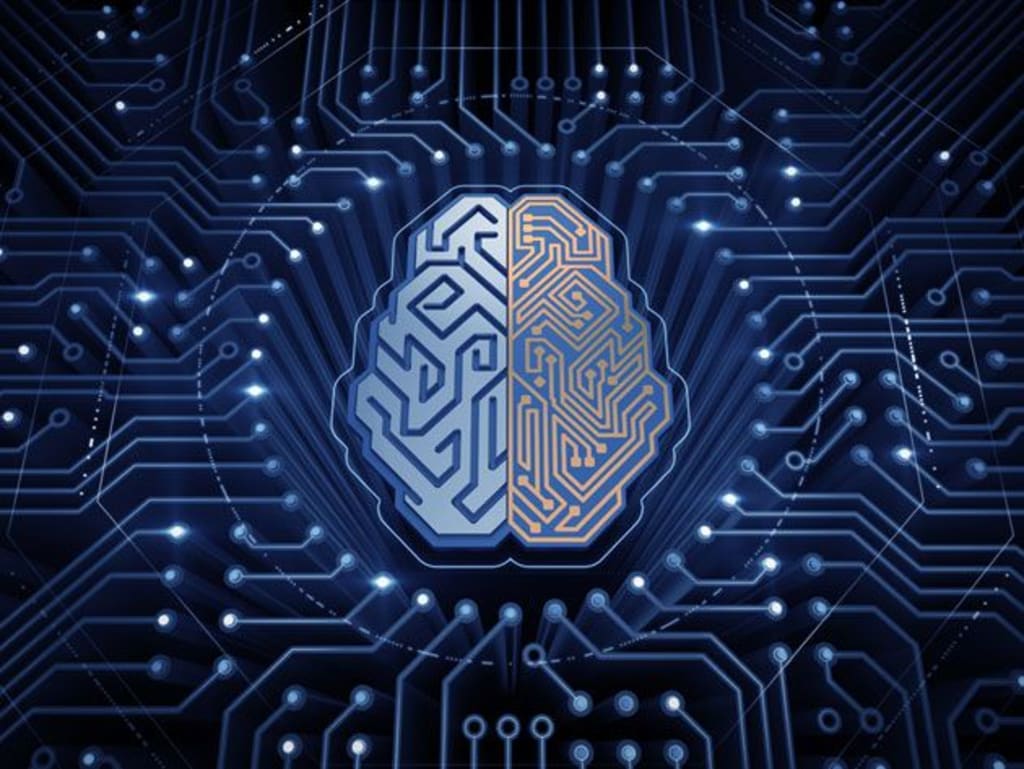The Ethics of AI:
The Challenges of Developing Ethical and Responsible AI

From self-driving vehicles to virtual assistants like Siri and Alexa, artificial intelligence (AI) is fast transforming the world we live in. As artificial intelligence (AI) becomes more incorporated into our daily lives, it is critical to evaluate the ethical implications of emerging technologies. To guarantee that these systems serve society as a whole, fundamental issues must be addressed in the development of ethical and responsible AI. In this post, we will look deeper into the obstacles of building ethical and responsible AI, as well as possible solutions.
Bias and Discrimination
The issue of prejudice and discrimination is one of the most fundamental obstacles in constructing ethical AI. AI algorithms can only be as objective as the data on which they are trained. If the data is skewed, the AI system that results will be skewed as well. This can lead to prejudice against specific groups of individuals and the perpetuation of societal inequities. For example, if a facial recognition system is trained on a dataset dominated by white faces, it may be inaccurate when detecting persons of colour, thus leading to prejudice.
The solution to this challenge is to train AI systems on a diversified set of datasets representing a wide range of demographics and traits. Furthermore, it is critical to monitor the performance of AI systems in order to discover and correct any potential biases or inaccuracies. Transparency in these systems' decision-making procedures is also critical to ensuring that the decision-making process is fair and unbiased.
Transparency
Another major problem in building ethical AI is transparency. The inner workings of AI algorithms can be complicated and difficult to grasp, making identifying and correcting possible biases or mistakes difficult. Furthermore, a lack of openness may make it difficult for consumers to comprehend how choices are made, leading to distrust in the system.
To overcome this issue, it is critical to create transparent AI systems that offer explicit reasons for their actions. This may be achieved by employing explainable AI, which enables users to comprehend how the system arrived at a certain choice. Furthermore, it is critical that AI systems be designed with user privacy in mind, and that users are informed about how their data is being utilised.
Privacy and Security
AI technologies frequently require enormous volumes of data to perform properly. However, this data may contain sensitive and personal information, causing privacy and security issues. As artificial intelligence becomes more ubiquitous, it is critical to ensure that adequate measures are in place to secure personal data and avoid any breaches.
To overcome this issue, AI systems must be designed with privacy and security in mind from the start. This is possible with the use of encryption and secure data storage solutions. Furthermore, clear criteria for how personal data can be acquired and utilised in AI systems must be established.
Accountability
Another problem in building ethical AI is guaranteeing responsibility for these systems' behaviour. As AI gets increasingly independent, it might be difficult to assign blame for judgements made by these systems. This raises problems regarding who is responsible for AI technology faults or unforeseen repercussions.
To overcome this issue, precise rules for the development and deployment of AI systems are required. This can include openness, accountability, and supervision requirements. It is also critical to ensure that consumers are aware of the possible hazards involved with the usage of AI systems.
Human Control
AI technology have the ability to make faster and more accurate choices than humans. This, however, might raise worries about the loss of human influence over decision-making processes. It is critical to guarantee that humans retain decision-making power and control over AI systems.
To overcome this issue, it is critical to create AI systems that can coexist with humans. This can include using human-in-the-loop systems, in which people participate in decision-making, or human monitoring of autonomous AI systems.
Job Displacement
Concerns regarding job displacement are also being raised by AI technology. As AI grows more common, it has the potential to displace many human-held employment. This can have serious economic and societal consequences.
To overcome this issue, it is critical that the development and deployment of AI technology be supported with job retraining and other help for displaced people. Furthermore, it is critical to analyse the possible social and economic consequences of AI technology and design regulations to address these consequences.
Autonomous Weapons
Autonomous weapons, often known as killer robots, are artificial intelligence (AI) devices that can decide when and how to deploy fatal force without human intervention. These technologies bring serious ethical considerations, including the morality of entrusting life-and-death choices to robots.
Many groups, including the United Nations, have urged for a prohibition on autonomous weapons to solve this issue. Furthermore, any use of AI in military applications must be subject to adequate monitoring and accountability systems.
Cultural and Social Implications
AI technologies have the potential to have a substantial influence on cultural and social norms. The employment of AI systems in recruiting procedures, for example, might result in prejudice against certain groups of individuals. Furthermore, AI systems that replicate human behaviour and interactions may raise concerns about the nature of human relationships and interactions.
To solve this difficulty, it is critical to assess the potential cultural and societal consequences of AI technology and to design regulations and standards to manage these consequences. This can include standards for diversity and inclusion in AI system development as well as guidelines for AI system application in social and cultural contexts.
Conclusion
To guarantee that these technologies serve society as a whole, substantial issues must be addressed in the development of ethical and responsible AI. Bias and prejudice, transparency, privacy and security, accountability, human control, employment displacement, autonomous weaponry, and cultural and societal ramifications are among the problems.
To solve these difficulties, AI systems must be open, responsible, and designed with privacy and security in mind. Furthermore, it is critical to analyse the possible societal implications of AI technology and to design rules and standards to manage these impacts.
As AI evolves and becomes more pervasive in our daily lives, it is critical to address these concerns and guarantee that AI systems are built in a way that benefits society as a whole. Only by paying close attention to these challenges will we be able to ensure that AI technologies be created in an ethical, responsible, and ultimately helpful to mankind.
About the Creator
Shahmeer Ghuman
Shaping my thoughts into reality






Comments
There are no comments for this story
Be the first to respond and start the conversation.